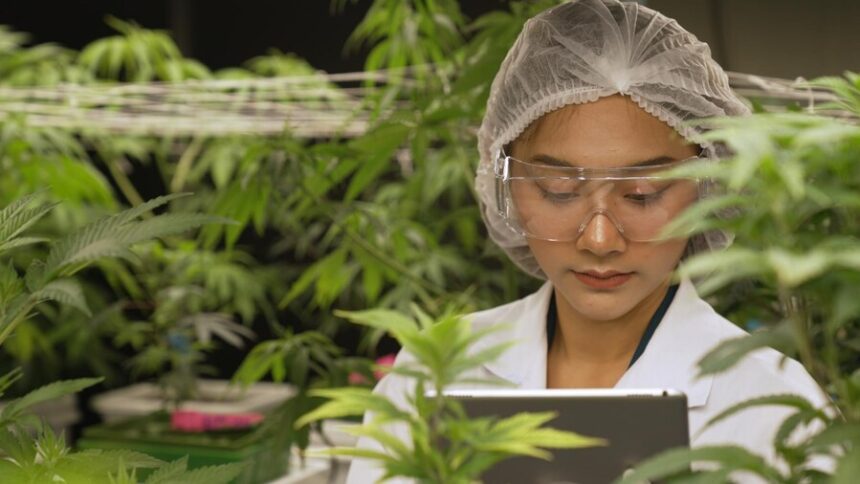Here are 10 things you should know about a career in Agricultural Biotechnology:
- Role: Agricultural biotechnologists work in the field of biotechnology to develop and apply scientific methods to enhance agricultural practices, including crop improvement, genetic engineering, and plant breeding.
- Education: Most positions in agricultural biotechnology require a minimum of a bachelor’s degree in a relevant field such as biotechnology, genetics, plant science, or agricultural science. Advanced degrees like a Master’s or Ph.D. can provide additional opportunities for specialization and career advancement.
- Skills: Proficiency in various laboratory techniques such as DNA sequencing, genetic engineering, tissue culture, and plant transformation is essential. Knowledge of plant physiology, genetics, and bioinformatics is also beneficial.
- Research and Development: Agricultural biotechnologists conduct research and development to improve crop yields, develop disease-resistant plants, enhance nutritional content, and explore sustainable agricultural practices. They work on projects that involve genetically modified organisms (GMOs) to address specific agricultural challenges.
- Field Trials: Field trials are an important aspect of agricultural biotechnology research. Biotechnologists design and oversee experiments to evaluate the performance of genetically modified crops, assess their environmental impact, and ensure their safety for commercial use.
- Regulatory Compliance: Agricultural biotechnologists must stay updated with national and international regulations regarding the development and release of genetically modified crops. They need to comply with safety protocols, perform risk assessments, and follow ethical guidelines.
- Collaboration: Agricultural biotechnologists often collaborate with other scientists, agronomists, farmers, and stakeholders in the agricultural industry. Effective communication and teamwork are essential to understand the needs of end-users and address concerns related to biotechnology applications.
- Industry Applications: Agricultural biotechnologists find employment in various sectors such as seed companies, biotech firms, research institutions, government agencies, and agricultural consulting organizations. They contribute to developing improved crop varieties, novel traits, and sustainable farming practices.
- Environmental Impact: Agricultural biotechnology can have both positive and negative environmental impacts. Biotechnologists must consider factors such as biodiversity, ecological balance, and potential risks associated with genetically modified crops while developing solutions for sustainable agriculture.
- Ethical Considerations: Agricultural biotechnologists face ethical considerations regarding the use of genetically modified organisms, patenting of plant varieties, access to technology by small-scale farmers, and ensuring food security for all. They must navigate these issues while working towards advancements in the field.
Remember that specific job responsibilities and requirements can vary based on the organization and project. It’s always advisable to research and consult with professionals in the field to gain a comprehensive understanding of a career in agricultural biotechnology.
Join 'Farmers Mag' WhatsApp Channel
Get the latest Farming news and tips delivered straight to your WhatsApp
CLICK HERE TO JOIN






